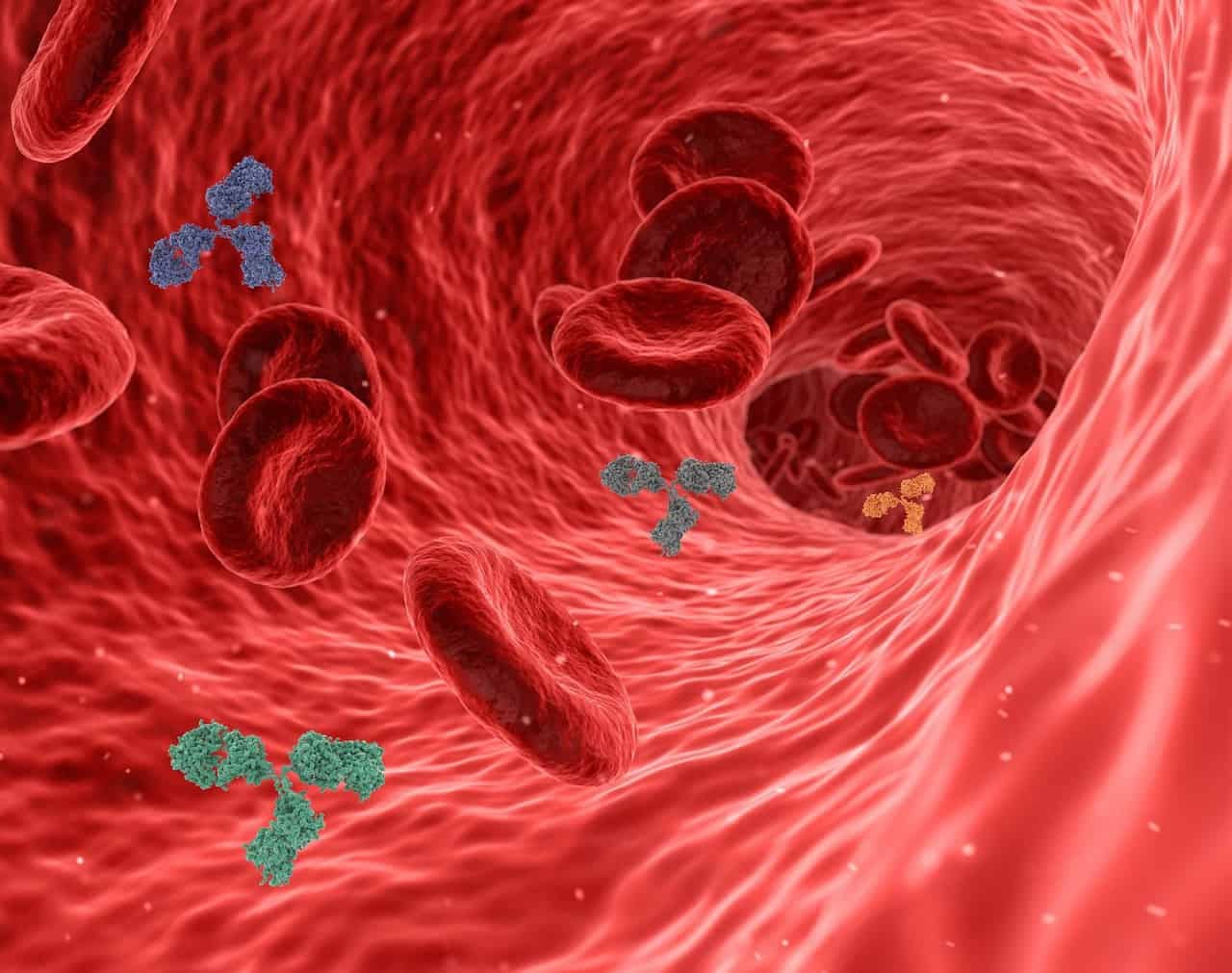Humans No Longer Considered Biodegradable Due to High Microplastic Content
Posted January 22 2023

PROVIDENCE, RHODE ISLAND — A new paper published by researchers from Brown University discovered that human beings can no longer be considered biodegradable due to microplastics in human tissue preventing proper decomposition. With 100% of all human beings on the planet, even isolated tribes in Polynesia, being contaminated with microplastics, the species homo sapiens can no longer be considered organic matter. The paper estimated that by 2075, funeral services would no longer need to use embalming fluids to preserve corpses as the high concentration of polyethylene and polypropylene compounds in blood tissue would make it impossible for bacteria and fungi to consume and digest human cell matter. These microplastics will reportedly guarantee that no one born after 2017 will live past 32, due to elevated and still increasing risks for leukemia created by polymer chains being confused for cellular food by macrophages, which then shut down and are no longer able to kill cancerous cells in the body. At press time, the scientists also optimistically added a footnote stating that in the future it may be possible to recycle humans into plastic bottles.



